- Details
- Written by Atanas Kostov

Accord de confidentialité en Bulgarie - NDA. Avocat francophone en Bulgarie - Mr. Martin Groisne.
1.Objectif de la procédure.
Avec un accord de confidentialité (Non Disclosure Agreement en anglais), en Bulgarie, le
propriétaire d'une information spécifique (commerciale, financière, savoir-faire, brevet, dessin,
marque, données personnelles) cède à un tiers le droit de la consulter ou de l'utiliser, sous
certaines conditions et à titre onéreux. Le contrat est bilatéral, gratuit, par définition et
consensuel.
- Details
- Written by Atanas Kostov

Modèle utile. Enregistrement d'un modèle d'utilité en Bulgarie. Juriste français en brevets en Bulgarie - M. Martin Groisne.
Enregistrement d'un modèle d'utilité en Bulgarie. Procédure. Les modèles d'utilité sont ce que l'on appelle en pratique des "petites inventions". Pourquoi ? Contrairement aux brevets, les modèles d'utilité ne sont pas soumis à un examen de la nouveauté et de l'activité inventive, mais seule leur applicabilité industrielle est évaluée. Ils ne sont soumis qu'aux exigences formelles de la loi pour leur enregistrement et si celles-ci sont remplies, la procédure est finalisée. De ce point de vue, les modèles d'utilité sont un type de dessin ou modèle ayant une fonction technique. Pour cette raison, ils ne peuvent pas être enregistrés en tant que dessins et modèles industriels car la loi sur les dessins et modèles industriels interdit l'enregistrement de dessins et modèles ayant une fonction technique marquée, mais en même temps, ils ne peuvent pas être des brevets car ils ne sont pas nouveaux et ne présentent pas d'activité inventive. L'exemple type d'un modèle d'utilité est le tire-bouchon, car le tire-bouchon en tant que réalisation technique n'est pas nouveau (il a été inventé par Archimède dans l'Antiquité), mais dans ce cas, sur la base d'un certain design et de sa fonctionnalité, le tire-bouchon lui-même a un but technique - il ouvre les bouteilles. La conclusion est qu'il existe de nombreux modèles d'utilité possibles pour le terbuchon, mais qu'il ne peut faire l'objet d'un brevet. Dans ce contexte, les modèles d'utilité se situent à mi-chemin entre les dessins et modèles industriels et les inventions, n'étant ni l'un ni l'autre.
- Details
- Written by Atanas Kostov

"NFT" et copyright.
Introduction.
Les jetons dits "non fongibles" ou "NFT" sont des instruments électroniques de la blockchain qui sont devenus le sujet culturel et juridique brûlant de la fin des années 2020 et du début des années 2021, et qui devraient le rester longtemps en raison d'une foule de considérations techniques, juridiques et financières. Compris comme l'un des générateurs d'informations techniques numériques d'une certaine dénomination, les "NFT" sont essentiellement des certificats numériques ou des "sceaux" d'identification numérique qui prouvent la propriété d'un actif artistique électronique spécifique, représenté sous forme de fichier électronique NFT et vérifiable (en termes d'authenticité et de valeur), et échangé par son introduction dans un logiciel blockchain. La numérisation d'objets matériels et immatériels protégés par le droit d'auteur sous la forme d'œuvres numériques NFT a ouvert de nouveaux défis au concept standard de licence de droit d'auteur en ligne connu jusqu'alors dans la doctrine et la pratique juridiques. Cette présentation a pour but d'ouvrir la porte à ce sujet et de le présenter comme l'une des questions technologiques, culturelles et juridiques urgentes du XXIe siècle auxquelles la propriété intellectuelle en tant que branche du droit est confrontée.
1. Que sont les NFT en tant qu'objet de droit?
J'aimerais commencer cette présentation en mettant l'accent sur le fait que le créateur réel d'un NFT devient le propriétaire de ce fichier électronique original et donc de l'ensemble des options relatives à sa licence en tant qu'objet de droit. La plupart des fichiers NFT, qui contiennent des informations spécifiques, dans la plupart des cas des images ou de la musique, fonctionnent au niveau technologique par le biais de la plateforme blockchain open source décentralisée Ethereum, qui prend en charge ce qu'on appelle les "contrats intelligents" comme fonctionnalité. Ce qui est intéressant dans ces contrats, c'est que chaque déclaration de volonté échangée entre les parties est reflétée dans le code logiciel de bas niveau de la blockchain comme une action juridique. La fonctionnalité décrite des "contrats intelligents" conduit à une transparence totale des relations juridiques entre les parties, puisque chaque offre, son acceptation ou son refus de participer à une transaction peuvent être tracés par la forme, le destinataire et le contenu dans la "chaîne" du logiciel lui-même.
- Details
- Written by Atanas Kostov
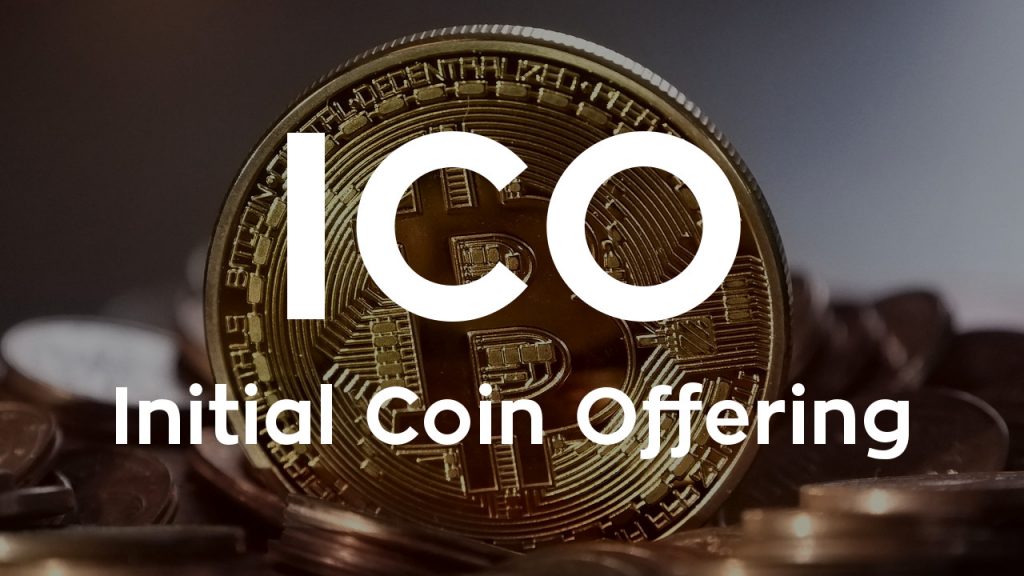
Regulation of token sales internationally. ICO business models and tokens.
Legal framework in the USA. "I believe that every ICO that I encounter will provide certainty," the chairman of the US Securities and Exchange Commission (SEC) began his presentation to the US Senate Banking Oversight Committee in February 2018 with these words. In doing so, he confirmed the great fears of many blockchain startups - that their ICOs, based on the public offering of online bonds called "tokens" (the latter legislated as securities in the United States), are subject to cumbersome registration requirements.
These fears have led numerous emerging companies in the IT industry to launch their ICOs exclusively outside of the United States, ignoring the advantages of attracting U.S.-based investors in the belief that they can thus avoid certain sluggish government regulations.
This "strategy" is based on two misconceptions about the laws governing securities trading around the world. First, it is impossible to conduct a token sale in the US without going through the particularly expensive administrative procedure of registering the ICO with the US Securities and Exchange Commission (SEC), accompanied by the preparation of a project description. Second, the legal framework and procedures for securities regulation in the United States is uniquely burdensome.
- Details
- Written by Atanas Kostov
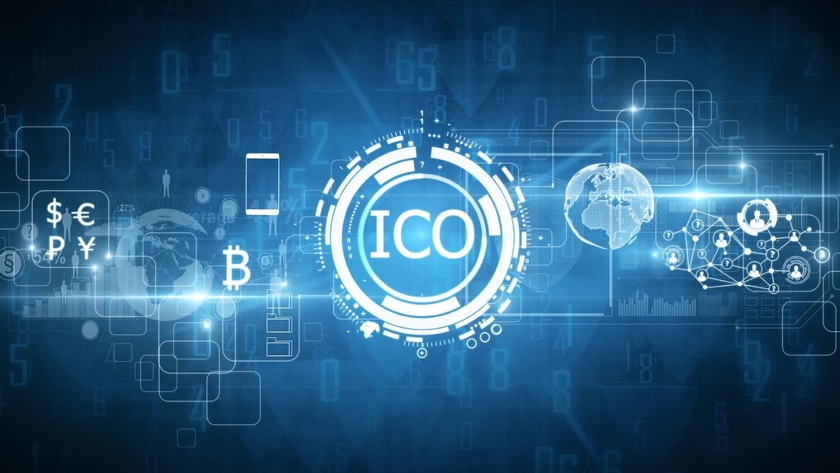
How to create and promote an ICO? ICO attorney in Bulgaria.
This outline points out the main points that should be strictly followed when marketing a new, start-up company in the field of blockchain technology and token public offering(ICO). My many years of experience as a legal consultant in the blockchain industry have led me to the below commented main conclusions for proper structuring of ICO projects. Consider every detail carefully, consult every stage, select a top team of professionals for the technical, financial, legal and marketing parts to successfully go through these particularly important steps of properly forming and promoting your ICO:
1.Formulate your product.
A huge problem with the ICO industry today is that most projects don't actually build a real business strategy based on blockchain technology. In my practice, I've come across many marketing gimmicks, landing pages, speculative "sales funnels", and so-called "UI/UX" mockups with no backend technology built in. You can get away with launching an MVP or beta version of a blockchain project and then doing the token sale, but I think it's reasonable to say that most startups will need to raise equity investment to launch their blockchain business. It takes funding to make money and your ICO is no exception. You need a product and your product needs to use your token as a financial instrument. Blockchain technology has the potential to change the world, but it requires serious professionals building real technology.
- Details
- Written by Atanas Kostov
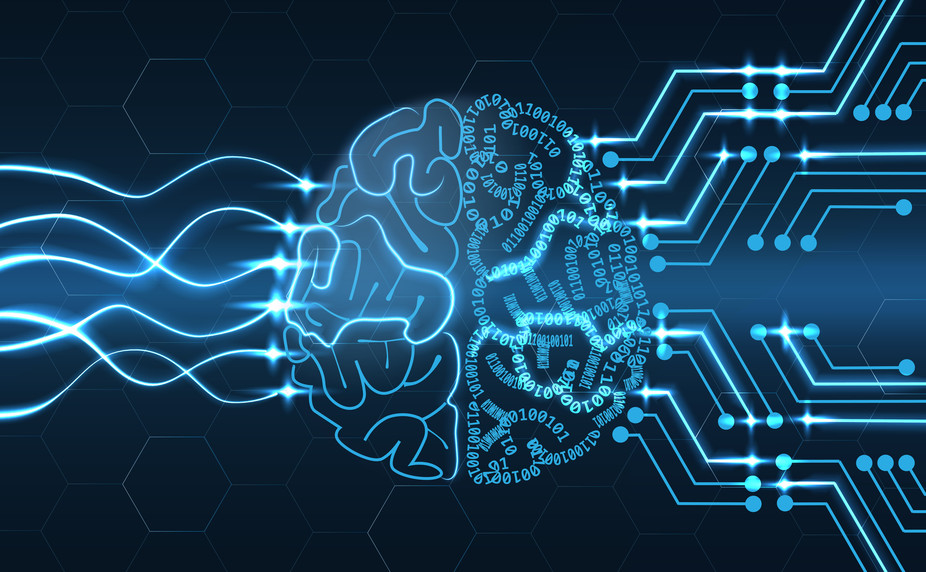
Artificial intelligence patents. Law practice.
The topic of artificial intelligence is still not present in Bulgarian law as something normative and practical, which is on the legislative agenda in the 21st century, not only for technological and legal reasons, which undoubtedly determines the future of the innovative sector and through it the public, business and personal life of every modern person. The latest research on the subject in many of the world's advanced technology countries has shown that it is not far off the time when besides the afternoon chess game with some electronic device, artificial intelligence will be issued with instant visas, will be approved faster and secure (personal data - finger, face recognition) bank credits, national and cross-border (eg European) elections will be held and health services will be provided. Other studies have shown that artificial intelligence will replace many professions - lawyers, notaries, bailiffs, judges, revolutionize medical precision and monitoring, robotize our industry, services and lifestyle, thus putting new intellectual, philosophical and psychological challenges to everyday life and perhaps to the relationships between us - human beings. Realizing the inevitability of all this, many companies operating in different spheres of social and business life began to develop dynamic and focused inventions based entirely on artificial intelligence. Taking this into account, I want to pay close attention to this statement of these patents, driven by my belief that today's inventions in the area of Artificial Intelligence (AI) are the basis of our more interesting tomorrow.
1.Historical development. Artificial Intelligence (AI) appeared in the 1950s, with the first mention of the term coming from a summer 1956 research project of Dartmouth College, New Hampshire, USA. A year earlier, in 1955, John McCarthy, a young assistant professor of mathematics at Dartmouth College, decided to organize a group for exploring and developing digital thinking machines. McCarthy selects the name "Artificial Intelligence" as a "new field" of scientific search. It presumes mostly neutral neutrality in order to avoid focusing on the narrow theory of automation and cybernetics, as already known achievements of analog technology. In early 1955, Mr. McCarthy turned to Robert Morrison, director of biological and medical research at the Rockefeller Foundation, to request funding for the Dartmouth summer seminar for about 10 mathematicians. On 2 September 1955, the project was officially presented to the board members under the notion of "artificial intellect".
- Details
- Written by Atanas Kostov

Blockchain software patents. Blockchain attorney in Bulgaria.
Introduction. The liberalisation of the banking sector to crypto currencies and, above all, the blockchain technology behind them, shows that the financial market slowly breaks the shell of misunderstanding into the new online legal mechanisms that lead to software verifying each link in a legal deal. In my opinion, the crypto currencies themselves (as a speculative tool) in the near future are doomed to a total collapse of a single dollar denomination for a specific crypto (for example, "bitcoin"), but blockchain technology as an innovative business model and legal tool for doing business online, will soon develop technologically and enter various spheres of public life - finance, law, health, education, creative industries, public sector. A proof of this statement is that at present, perhaps the largest bank in the world - the US Bank of America - has a total of 50 patents in the field of blockchain technology serving the banking and financial sector. Оn the second position by applications for this kind of patents in US it is the giant in the computer industry IBM, which logically declare interest in this industry, as it has been for years the main hardware supplier (of various types of computer equipment) for thousands of banks around the world.
- Details
- Written by Atanas Kostov
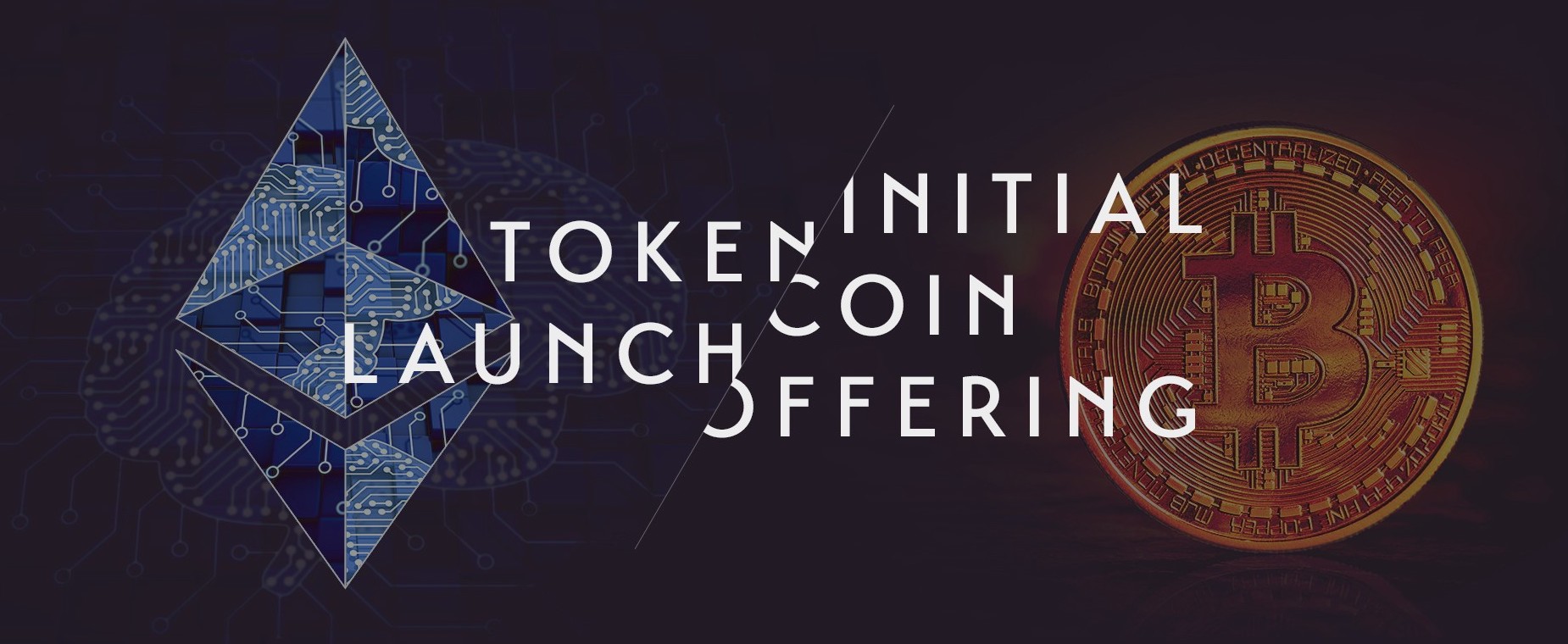
Financial Instruments concerning cryptocurrencies. Blockchain attorney.
Cryptocurrencies are legally digital financial assets designed to work as a means of exchange by using the cryptographic method of securing transactions in order to control the creation of additional currency units. In this context, cryptocurrencies can be classified as a subset of digital currencies and / or as subspecies of alternative currencies, in particular virtual ones. In the present, the cryptocurrencies also serve to buy the so-called "tokens", which I think can be qualified as a type of electronic bonds serving to raise capital through the so-called "ICO" concept (Initial coin offering) is a type of electronic crediting of startup companies from third parties. This feature has turned cryptocurrencies into a particularly dynamic financial instrument, which are different from the different banking and stock exchange analogues, leads to incredible flexibility and speed in financial operations. The present statement aims to give a greater focus on all the mentioned processes - their positive, speculative nature, but also their role as an ever-increasing real financial instrument that literally blows the financial sector and places many legal issues.
- Details
- Written by Atanas Kostov

Trademark opposition. Trademark attorney in Bulgaria and EUIPO.
1.Opposition procedure in Bulgaria. With one of the last amendments of the Trade Mark and Geographical Indications Law (the Bulgarian abbreviation of this act is ZMGO and comes from “Закон за марките и географските означения”) of 26.02.2010 - SG, no. 19 of 2010 26.02.2010, the National Assembly of Republic of Bulgaria adopted an interesting and practically new change in the procedure of registration of trademarks, by introducing the so-called opposition procedure.
Under the new system of trademark registration, the examination of registration applications will be done on an absolute basis only on absolute grounds.
If the application submitted meets the requirements of Article 11 of the ZMGO, it will be published in the Official Bulletin of the Patent Office. The new relative grounds for refusal of registration presented in Article 12 of the ZMGO refer to the fact that when an opposition is filed, the trade mark will not be registered if: it is identical to an earlier trade mark and its goods or services are identical to the ones of the earlier mark; because of its identity or similarity to an earlier trade mark and the identity or similarity of the goods or services of the two marks, there is a likelihood of confusion by the consumers, including the possibility of connection with the earlier mark.
- Details
- Written by Atanas Kostov
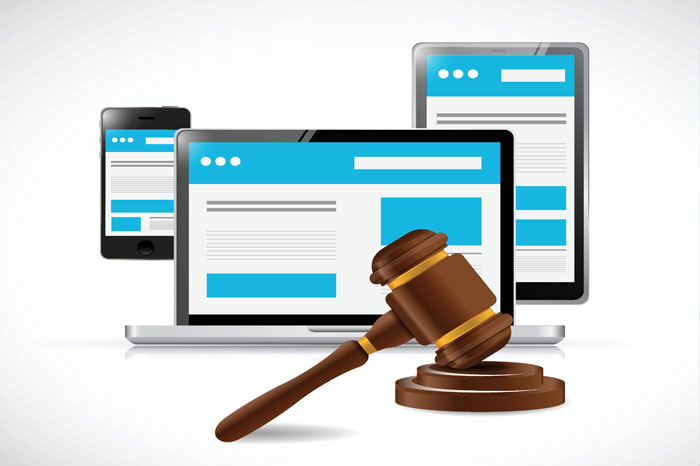
Copyright protection on Internet sites. Copyright attorney in Bulgaria.
A hot topic which concerns a lot of online businesses is copying (retrieving or stealing) website content - its texts, graphics, designs, photos and commercial concepts. The trend on a global and national level indicates that within a few years, any good, including author's works - books, musical works, architectural projects, computer programs, etc. will be offered predominantly online. This fact calls for increased attention paid to the adequate copyright protection of the content of the Internet sites as well as to the formulation of the clearer general terms and conditions for their use in order to avoid unscrupulous practices carried out by third parties.
This statement will address the main guidelines that should be marked as a means of protection and prevention against the illegal "copying or theft" that is done with respect to the content or functionality of the Internet sites.


